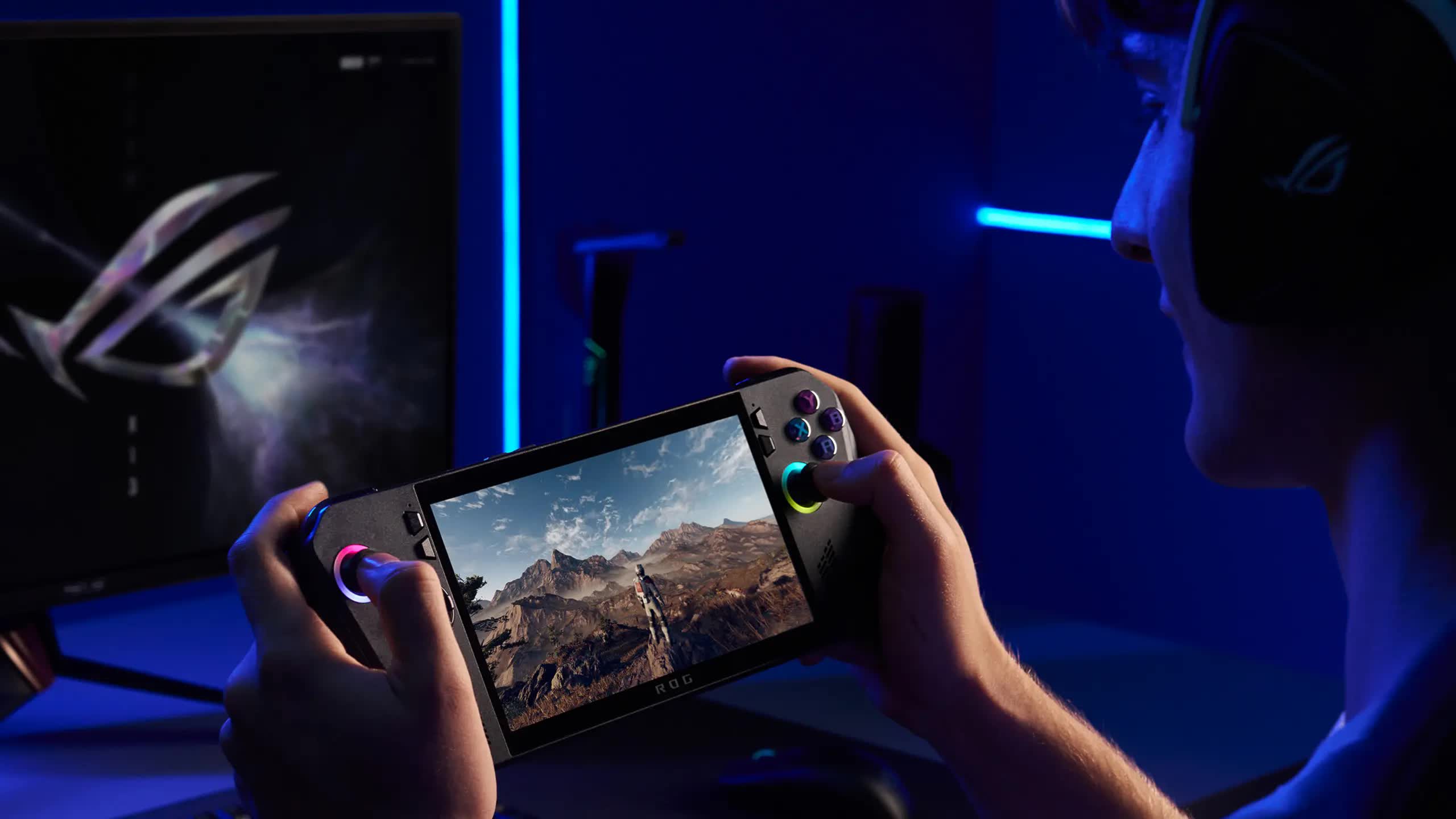The big picture: Released three years ago today, Valve's Steam Deck has become one of the most notable products in PC gaming hardware, creating an entirely new market segment. While manufacturers like GPD began selling handheld gaming PCs years earlier, estimates from IDC show that the Steam Deck vastly dominates the market. However, the potential for future growth remains uncertain.

According to IDC estimates provided to The Verge, approximately six million handheld gaming PCs have been sold since the Steam Deck's launch in 2022. Despite having little retail presence, Valve's handheld accounts for over 3.7 million of those units.
Valve previously stated that the Steam Deck had sold in the "multiple millions." IDC estimates suggest that it sold 1.62 million units in 2022, with total lifetime sales possibly exceeding four million by now.
Data source: IDC and The Verge
Combined shipments of the Steam Deck, Asus ROG Ally, Lenovo Legion Go, and MSI Claw peaked at approximately 2.87 million in 2023, dropped to 1.49 million last year, and are projected to reach just under two million by the end of 2025.
The Steam Deck represents about half of the sales in both 2023 and 2024. These estimates do not include sales from companies like GPD and Ayaneo, whose market impact is difficult to determine.
Although these figures do not indicate strong growth, AMD's head of gaming marketing, Frank Azor, described the market's expansion from virtually zero to six million units in three years as "amazing." AMD's upcoming Ryzen Z2 chips are expected to power a new generation of handheld gaming PCs starting this year.
That said, the Nintendo Switch 2 has little to worry about. The biggest challenge facing the upcoming handheld console may be convincing its predecessor's massive 150-million-strong install base to upgrade. However, handheld gaming PCs and traditional consoles operate under vastly different business models, making direct comparisons difficult.
Also read: The History of Handheld Gaming PCs – From Humble Beginnings to the Future of PC Gaming

Since the Steam Deck and similar devices are an extension of PC gaming, analyzing their performance against gaming laptops or pre-built PC sales might provide more meaningful insights. Previous reports from IDC and other analysts suggest that while the overall PC market saw modest growth last year, PC gaming continues to expand at a healthy pace.
Whether the Steam Deck – or the expansion of its SteamOS operating system – can further drive this growth remains uncertain. The device is only available in a limited number of countries and receives almost no marketing outside of the Steam client.
Don't expect a Steam Deck 2 anytime soon, though. As other handheld gaming PCs adopt faster processors, Valve is holding off until a "generational" leap with comparable battery life becomes feasible.
Handheld gaming PCs surpass 6 million sales, with Steam Deck accounting for more than half
